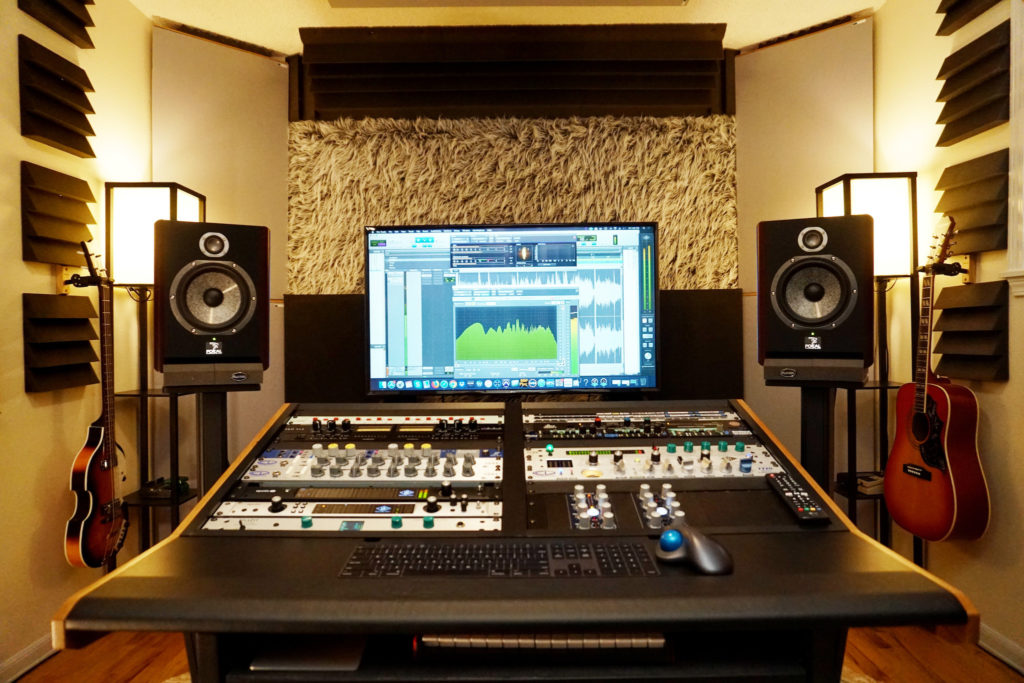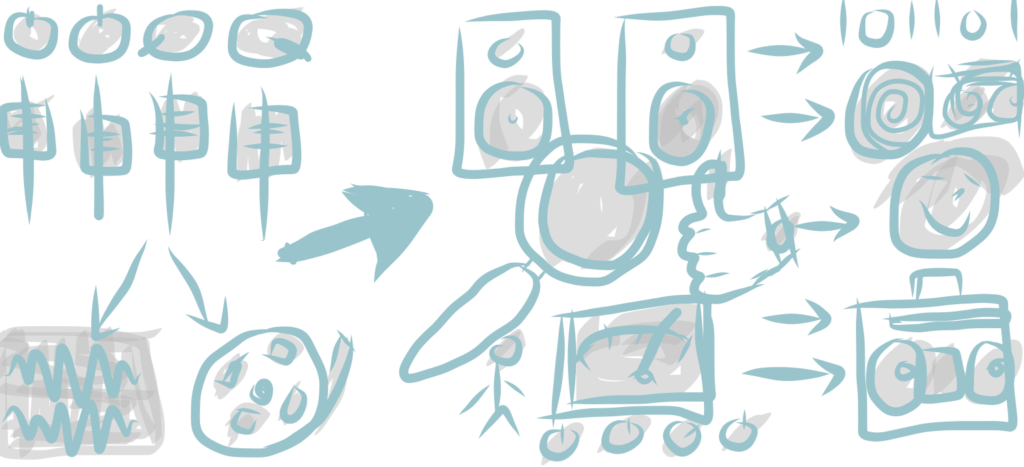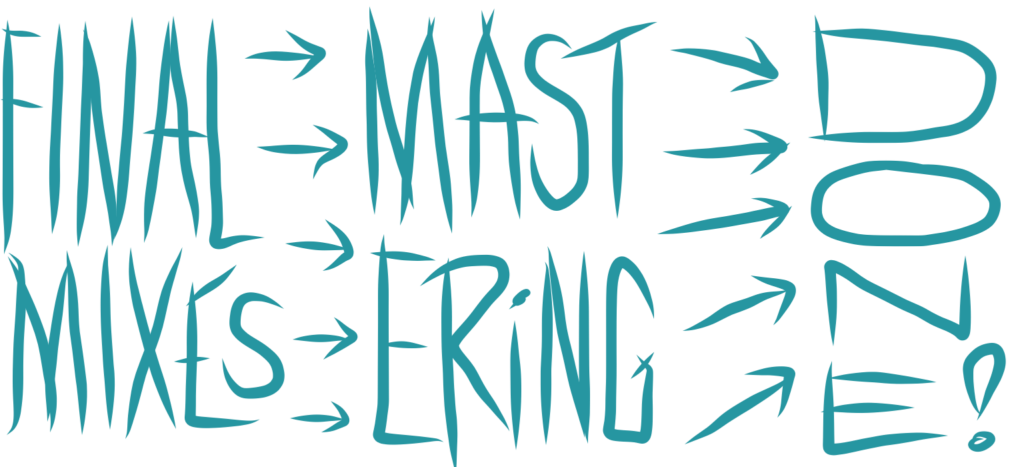Not long ago, one of our clients posed some great questions when he was putting the finishing touches on a new song. It was no big surprise that some specific and important questions about
mastering came up. We figured that in today’s world of a zillion opinions on the web (with most of them steering the reader to a product)
we could create a quick post here to help ‘clear the air’ regarding some commonly unanswered questions about the mastering process. Using a few of his questions and others we’ve received over the years, we’ll start at the very beginning:






